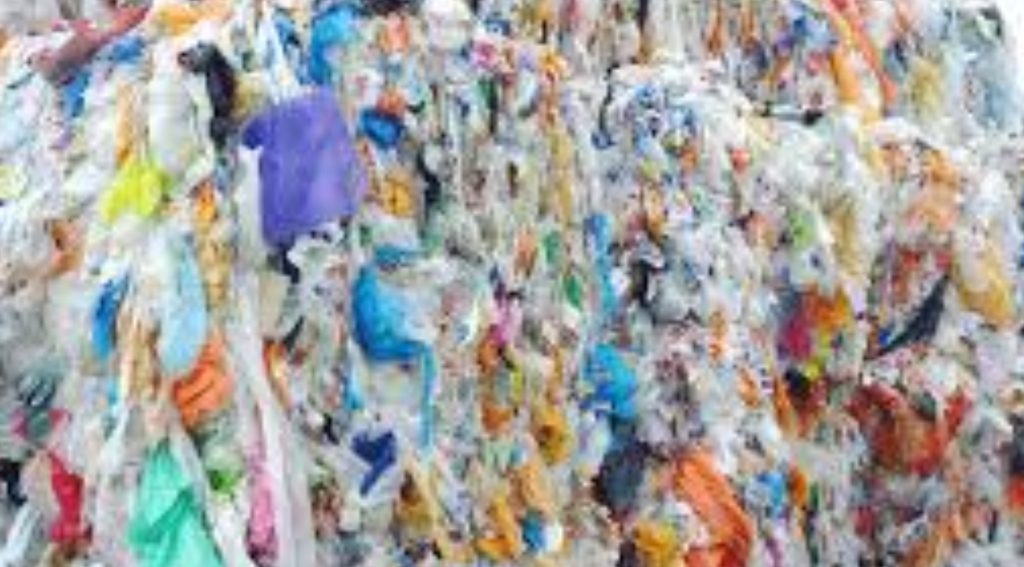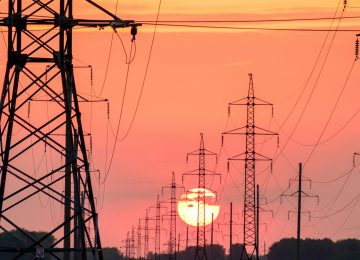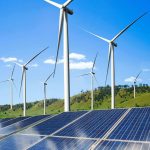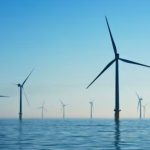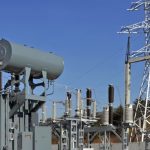In a significant step toward a sustainable plastics economy, a new plant in Antwerp, Belgium, will become the world’s first industrial-scale complex to produce fossil-free plastics.
The facility, owned by Vioneo, has selected Lummus Technology’s Novolen polypropylene (PP) technology to achieve its goal.
The scale:
Lummus’ role in the project includes providing the technology license, process design support, and ongoing catalyst supply. This collaboration highlights the growing synergy between technology providers and manufacturers committed to driving the transition away from fossil-based materials.
The plant, which will have a capacity of 200 KTA (kilotons per annum), is a cornerstone of a larger complex that will operate using renewable electricity and hydrogen. Its core feedstock will be green methanol, ensuring a completely fossil-free production process.
A new standard for fossil-free plastics production?
The facility is set to produce a broad range of high-quality polypropylene grades using 100% segregated green propylene and ethylene as feedstock. This ensures that the final product is fully traceable and, importantly, CO₂ negative.
For customers, this presents a significant opportunity to reduce their Scope 3 emissions, which are indirect emissions that occur in a company’s value chain.
According to Alex Hogan, CEO, Vioneo, the project aims to prove that large-scale, cleaner production is not only possible but also economically viable. The polypropylene produced will be a “drop-in” replacement for fossil-based alternatives, meaning it will function identically to traditional plastics without compromising quality or performance.
The technology:
Lummus Technology’s Novolen PP technology, part of its Verdene technology suite, is a critical component of Vioneo’s vision. The Verdene suite is specifically designed for sustainable polymer production using bio-feedstocks.
The technology enables the production of bio-based polymers, such as polyethylene and polypropylene, that can offer reduced to net-negative carbon dioxide emissions by sequestering CO₂-based carbon within the polymer itself.
With its innovative use of green methanol and proven technology, the Antwerp complex sets a new benchmark for the global plastics industry, demonstrating a viable pathway towards a cleaner, more sustainable future for plastics production.


